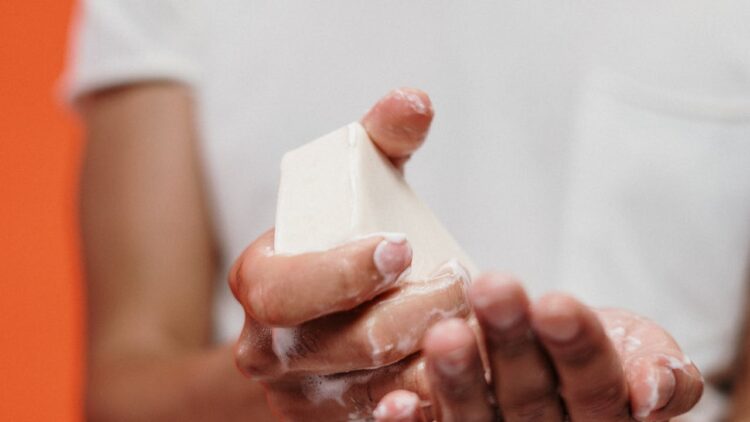Monsoon fungal infections are more likely to occur during the monsoon season, characterized by cool rains and lush landscapes. The increased moisture and humidity provide the ideal conditions for fungi to thrive, resulting in various uncomfortable and sometimes persistent issues with the skin and nails. From athlete’s foot to ringworm, these diseases can transform the delight of the stormy season into a progression of annoying issues. But don’t worry! You can protect yourself from these undesirable fungi with a few simple strategies.
Precautions in Monsoon Fungal Infections
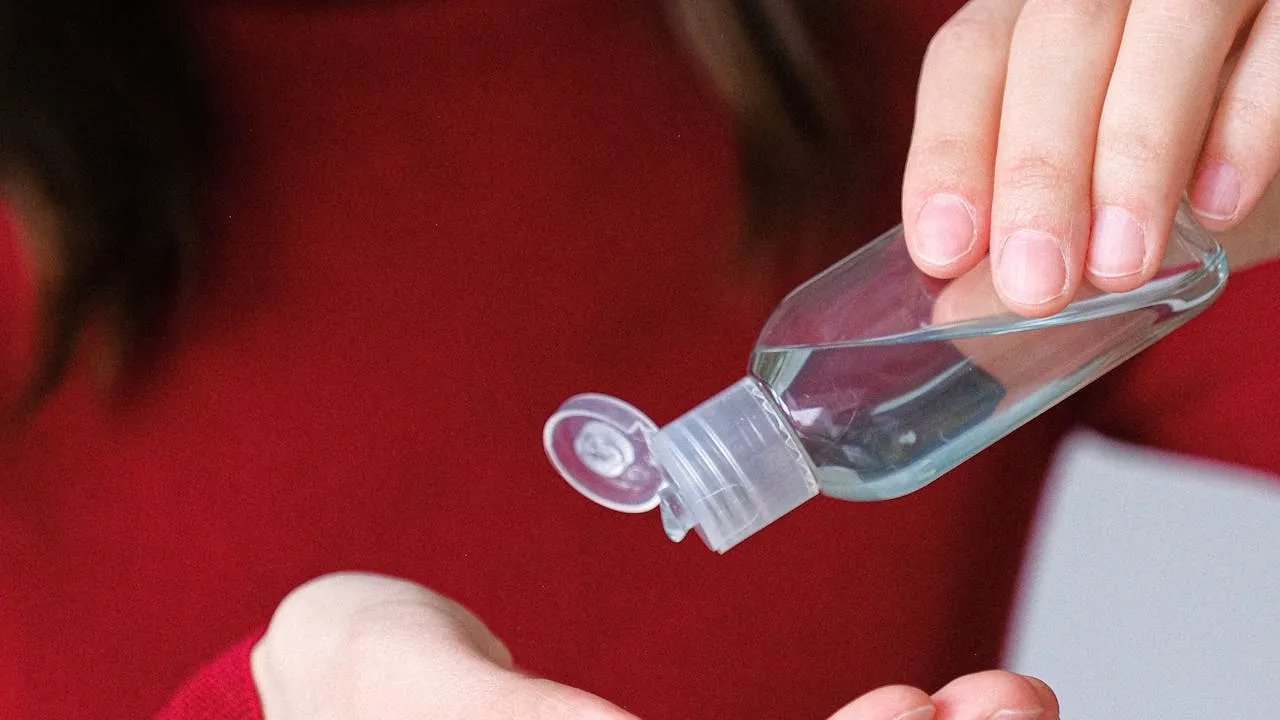
Check out 6 Tips for Healthy Teeth and Gums
Keeping your skin dry, choosing breathable textures, and maintaining steady private cleanliness are fundamental to forestall these contaminations. You can enjoy the monsoon season without them by recognizing early symptoms and seeking prompt treatment. Nagging annoyance of fungal infections. We’ll investigate useful hints and preventive measures to keep storm contagious infections under control and ensure you take advantage of the windy season with no well-being concerns.
1. Maintain Dry Skin
Monsoon fungal infections thrive in an ideal environment thanks to the season’s high humidity. Keeping your skin dry is essential to combat this. After showering or getting wet in the rain, ensure your skin is dehydrated, especially in fungal-infested areas like between your toes, under your breasts, and in skin folds. Utilize a delicate towel and try not to impart towels to others to forestall the spread of monsoon fungal infections.
2. Keep a Good Hygiene
Preventing fungal infections caused by the monsoon necessitates regular bathing and good personal hygiene. Wash your skin with an antifungal soap or a gentle cleanser, especially in infection-prone areas. Make a point of consistently changing into perfect, dry garments. To prevent fungal growth, keep any cuts or abrasions clean and covered.
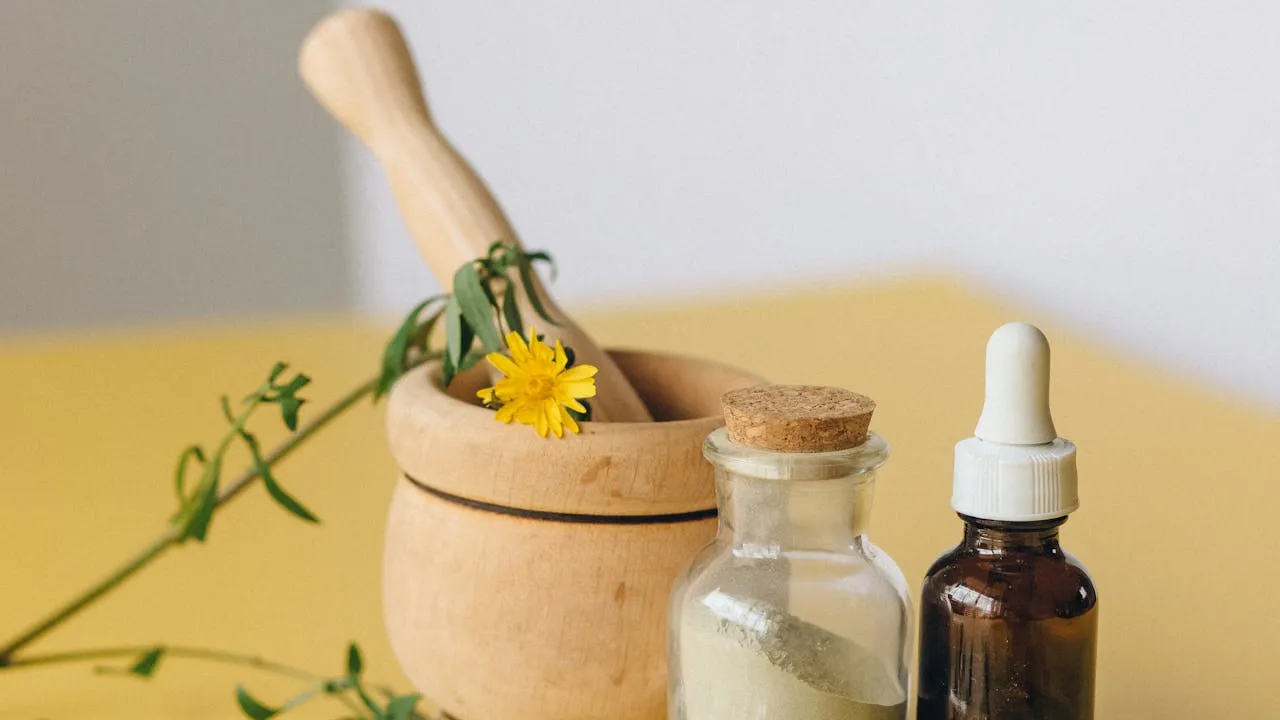
3. Use Antifungal Powders
Powdered antifungals can help prevent fungal growth and help absorb moisture in areas prone to monsoon fungal infections. These powders are especially beneficial for damp areas like the feet. Sprinkle a small amount on the affected areas daily, particularly after bathing and wearing socks or shoes.
4. Avoid Crowdy Places and walking barefoot
Walking shoelessly open in pools, exercise centres, or collective showers can expose you to contagious spores, expanding the risk of monsoon fungal infections. Always wear flip-flops or shoes that resist water to keep your feet safe. Growths can spread effectively in wet, shared conditions, so limiting direct contact is ideal.
5. Treat Diseases Quickly:
Itching, redness, or unusual rashes are all symptoms of monsoon fungal infections, so treat them immediately. Over-the-counter antifungal sprays or creams can be effective for mild infections. However, consult a medical professional for the most accurate diagnosis and treatment. If symptoms persist or worsen.

Home Remedies to Treat Fungal Infections
1. Coconut Oil
Coconut oil’s natural antifungal and moisturizing properties may benefit monsoon fungal infections. Apply virgin coconut oil straightforwardly to the contaminated region, tenderly kneading it in. Coconut oil’s medium-chain fatty acids aid in the fight against the fungus while also keeping the skin hydrated. Regular use can soothe the skin, and the infection can get better.
2. Aloe vera
Aloe vera is an excellent option for treating fungal infections caused by the monsoon because of its calming and healing properties. Apply newly removed aloe vera gel to the impacted region of the plant. Its antifungal properties and capacity to diminish aggravation can assist with easing tingling and advance skin mending. Re-apply the gel 2-3 times daily for the best outcomes.
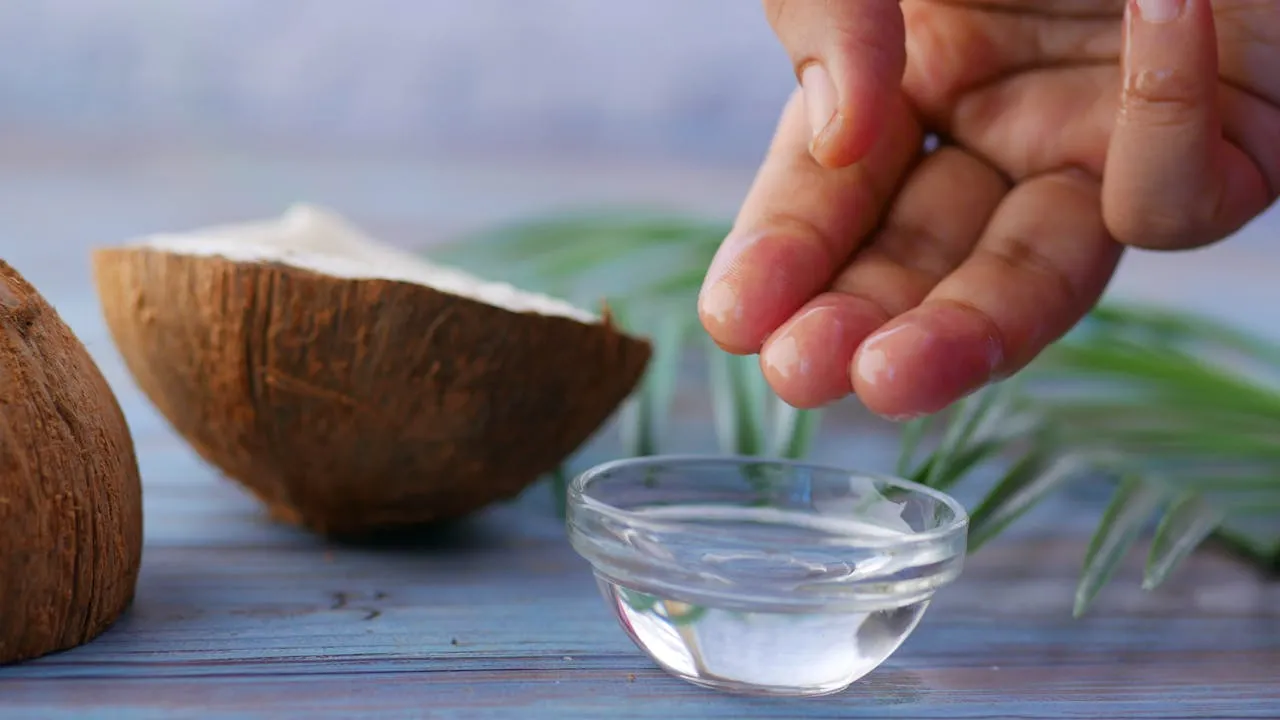
3. Tea tree oil
It is used for its antifungal properties and as an effective treatment for monsoon fungal infections. Tea tree oil can be mixed with transporter oil like coconut or olive oil. Using a cotton ball, apply the blend to the area. The affected area and let it sit for about 20 minutes before rinsing it off. Tea tree oil can alleviate itching and discomfort by killing the fungi and reducing inflammation.
4. Baking soda
Baking soda can dry the infection and reduce itching. Combine a small amount of baking soda with water to make a paste. Let the paste dry on the infected area. Before rinsing off, allow time to sit for 10 to 15 minutes. Lukewarm water. Baking soda helps adjust the skin’s pH, which can hinder parasitic development and help prevent side effects.
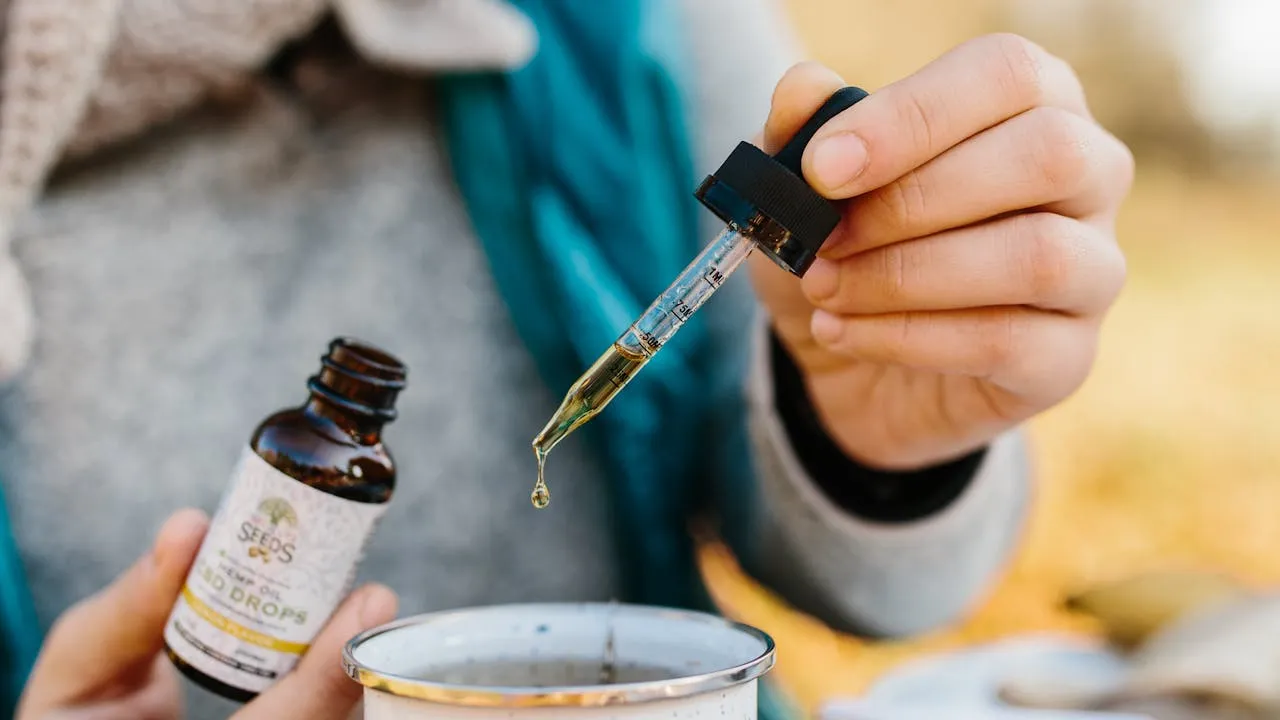
The only way to prevent fungal infections caused by the monsoon is to remain proactive and pay attention to your hygiene. Keep in mind that the key is to remain dry and agreeable. Avoid clothing that is too tight and can cling to moisture to keep sweat and rain at bay. Choose fabrics that wick moisture away. Change your clothes frequently and dry them, especially after getting wet. You won’t have to worry about fungal infections while you enjoy the monsoon season if you follow these straightforward but effective guidelines. By following these steps, you can make the most of the rainy weather while maintaining your health and comfort. Remain careful, and you’ll be prepared to embrace the season confidently!
To get more of our exclusive content on Health Care and Lifestyle. Follow us on YouTube and Instagram.

